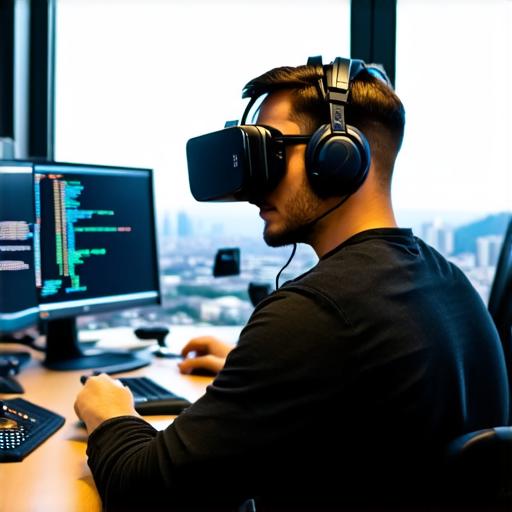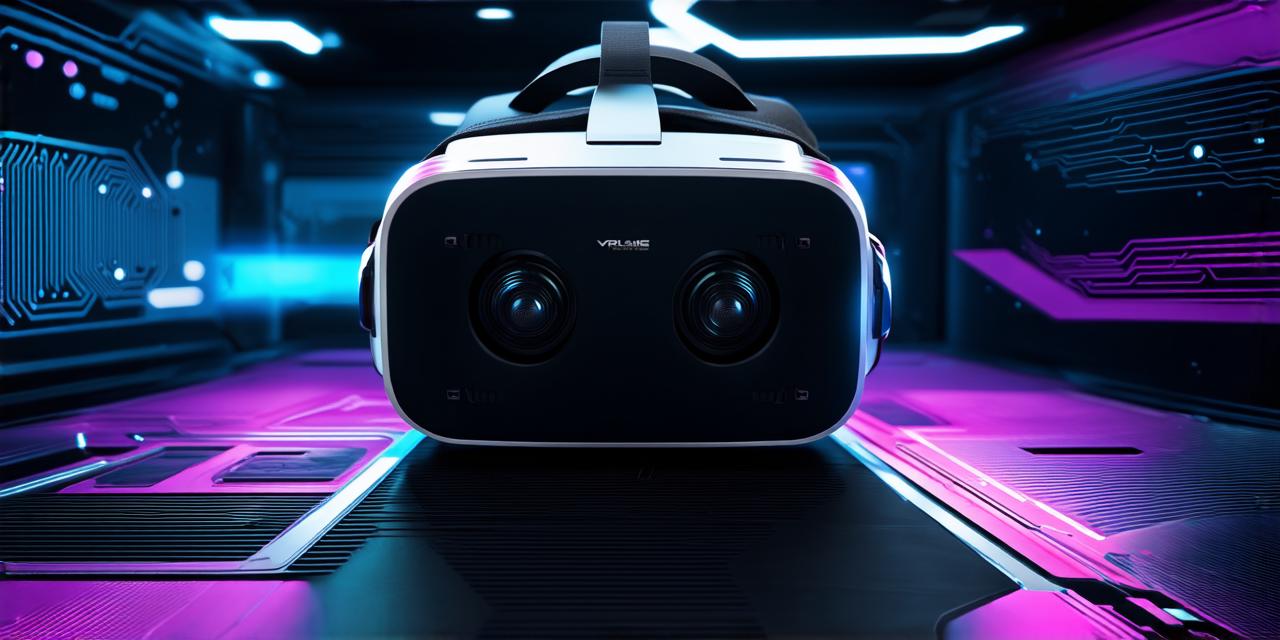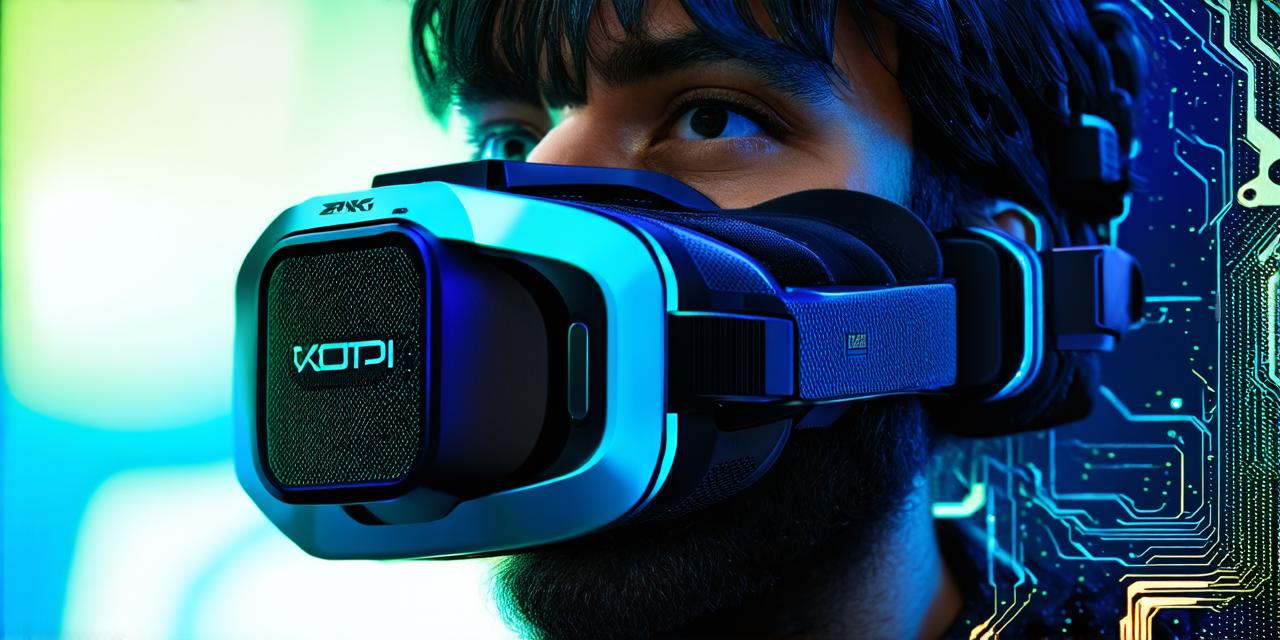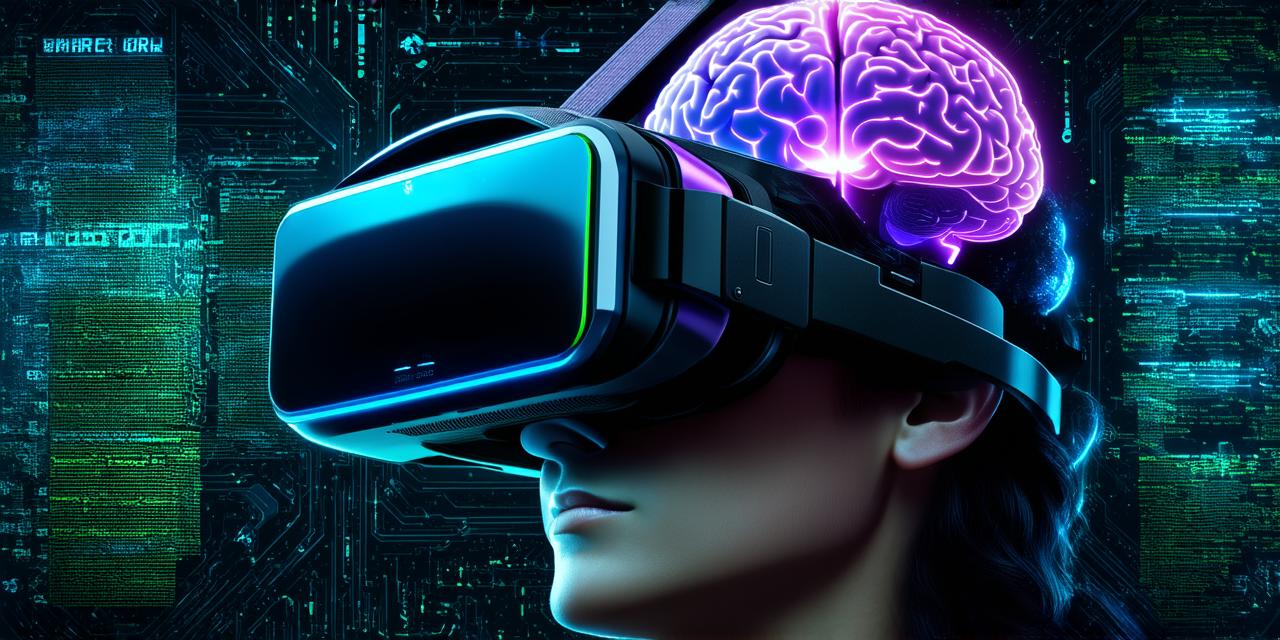Virtual reality (VR) technology is rapidly advancing and has applications in various fields such as gaming, education, healthcare, and more. With this growth comes an increasing demand for professionals with VR expertise. If you’re interested in starting a career in VR, here are some steps to help you get started:
1. Understand the basics of VR technology
Before diving into VR development, it’s essential to understand the fundamental concepts of VR technology. This includes understanding how VR headsets work, the differences between VR and augmented reality (AR), and the various types of VR hardware available. You can find plenty of resources online that provide a detailed overview of these topics.
2. Choose your field of specialization
Virtual reality has numerous applications across different industries. Some common fields include game development, education, healthcare, and architecture. Choose a field that interests you and specialize in it. This will help you gain the necessary skills and knowledge to excel in that specific area.
3. Learn programming languages used in VR development
To become a VR developer, you’ll need to learn programming languages such as Unity, Unreal Engine, or C++. These are the most popular programming languages for VR development and are widely used in the industry. You can find many online courses that teach these languages, including Codecademy, Udemy, and Coursera.
4. Build your portfolio
A portfolio is an essential tool for any developer looking to showcase their skills and attract potential employers. Building a VR project from scratch is an excellent way to demonstrate your skills and gain hands-on experience. You can also contribute to open-source VR projects or collaborate with other developers on personal projects.
5. Attend industry events and meetups

Attending VR industry events and meetups is a great way to network with other professionals in the field, learn about new developments, and stay up-to-date on the latest trends. Some popular VR events include the Virtual Reality Developers Conference (VRDC), Augmented Reality World Expo (ARWE), and the International Conference on Computer Graphics and Visualization Techniques (ICGVT).
6. Seek out internships or entry-level positions
To gain real-world experience, consider interning with a VR company or applying for an entry-level position. This will give you an opportunity to work on actual projects and learn from experienced professionals in the field. Many companies offer internships or entry-level positions specifically for VR developers.
7. Continuously learn and improve your skills
Virtual reality technology is constantly evolving, so it’s essential to continue learning and improving your skills. Attend workshops, take online courses, read industry publications, and participate in online communities to stay up-to-date on the latest developments and best practices in VR development.
In conclusion, starting a career in virtual reality can be an exciting and rewarding path. With the right knowledge, skills, and dedication, you can make a significant impact in this rapidly growing field. Follow these steps to get started on your journey to becoming a successful VR developer.



